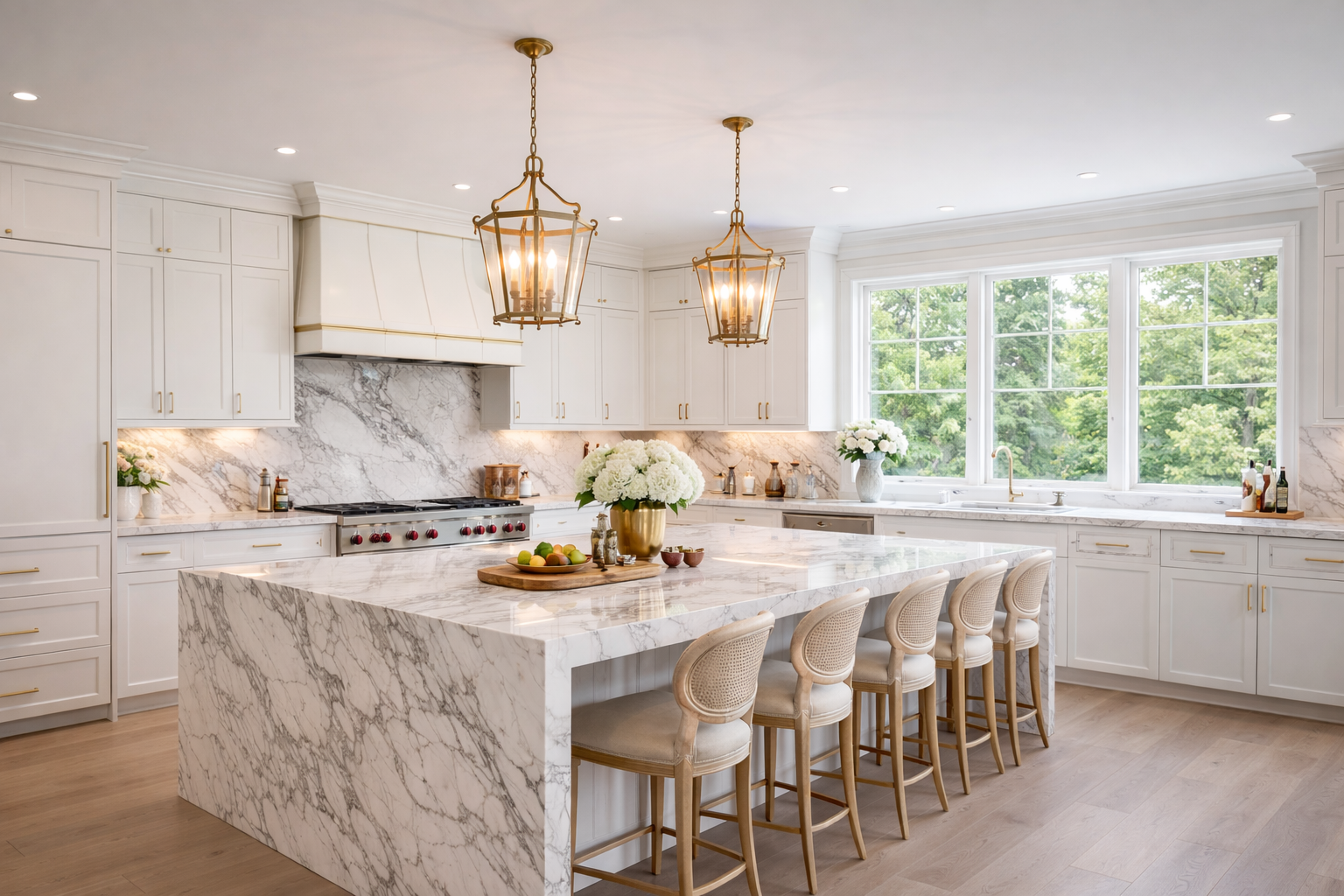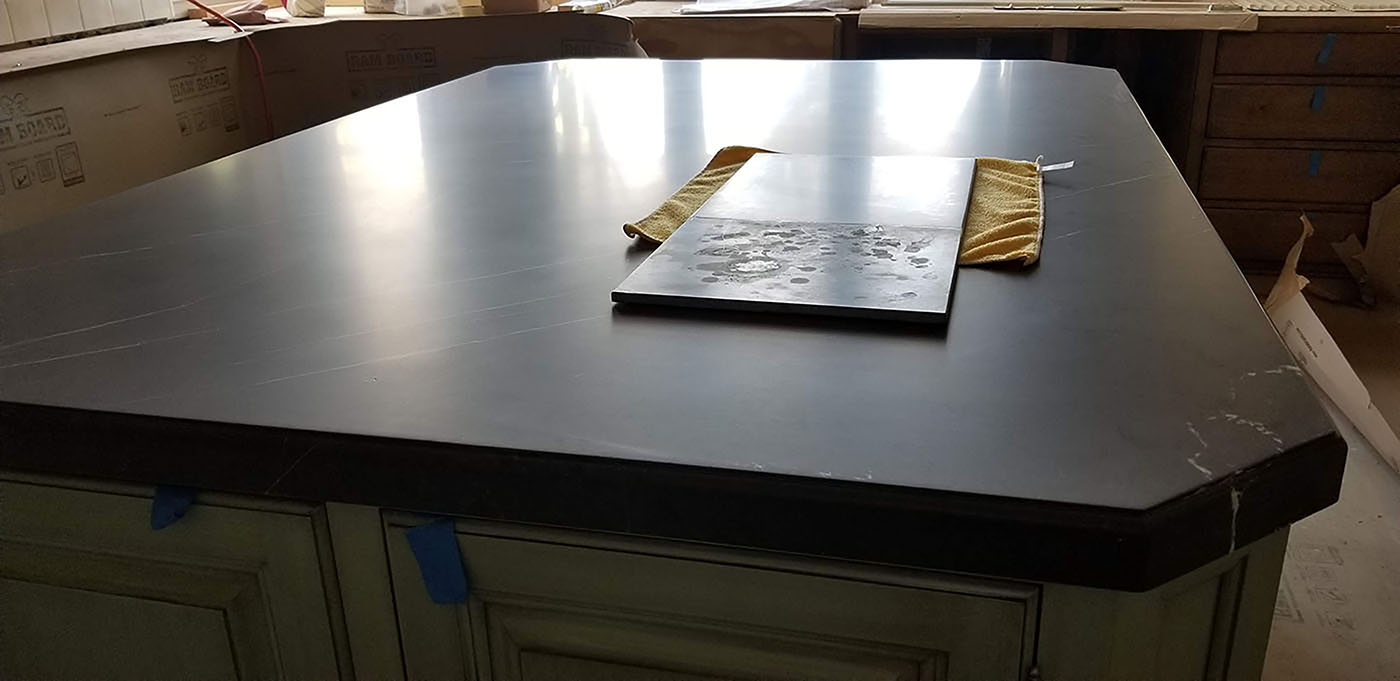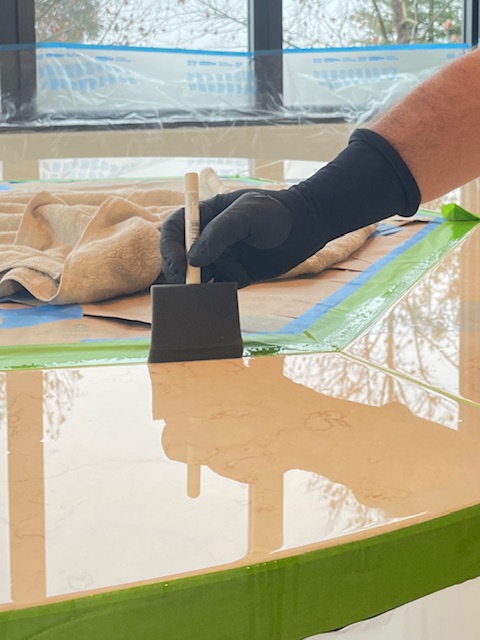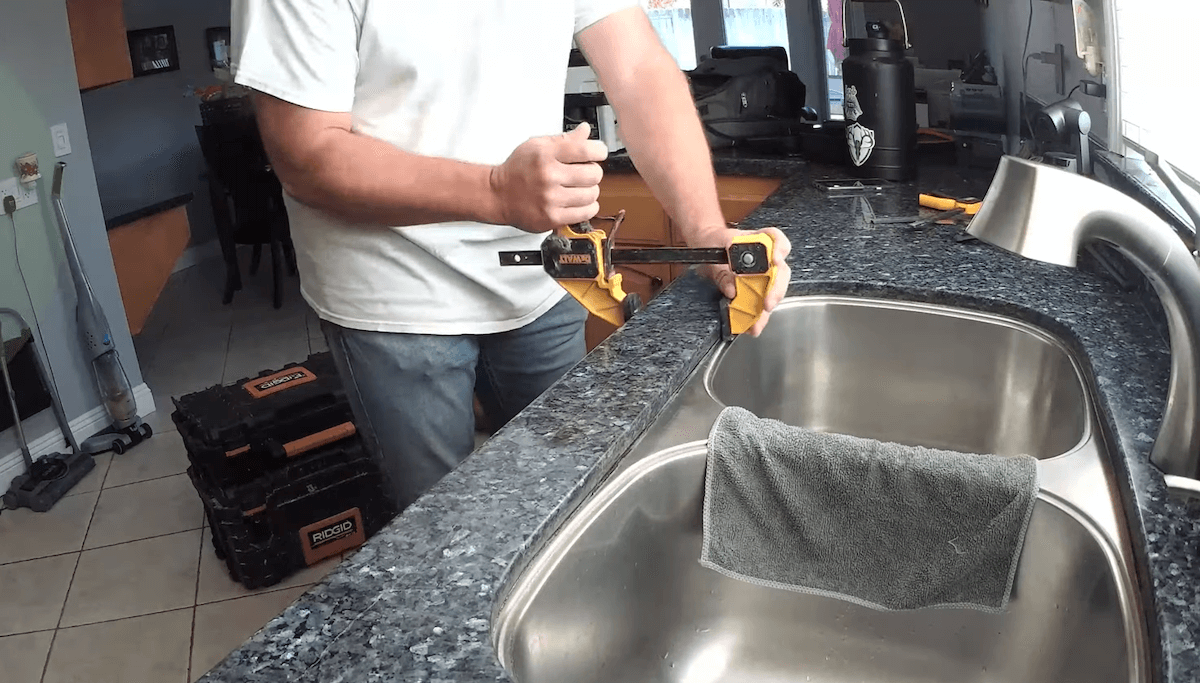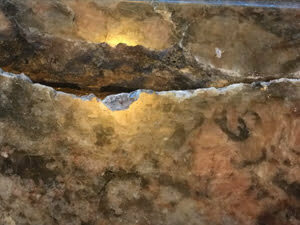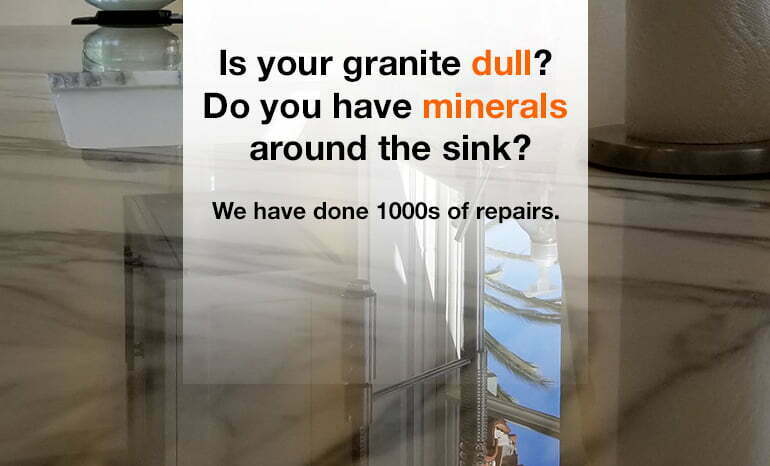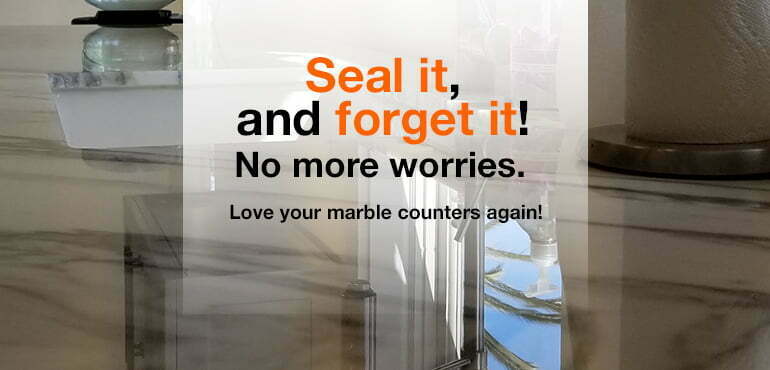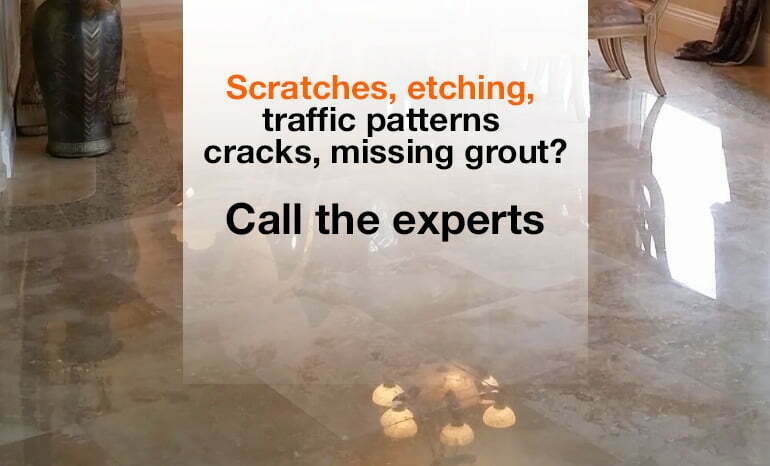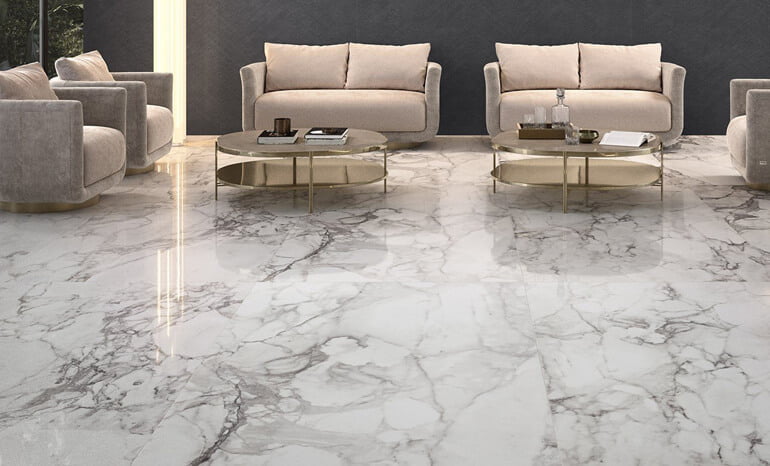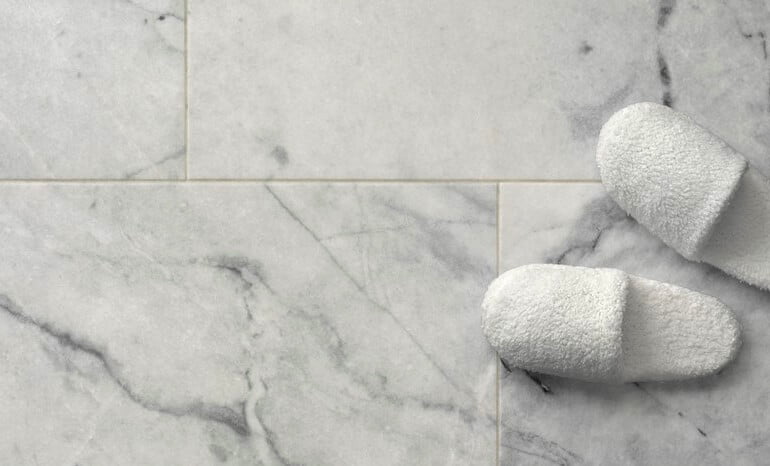In the realm of home design the elegance and durability of natural stone countertops remain unparalleled. Granite, with its timeless allure, stands as a testament to nature’s artistry, offering a blend of durability and aesthetic appeal that few materials can match. Even the sturdiest materials are not immune to the occasional mishap, such as the dreaded oil stain. This guide delves into natural remedies for oil stains on granite, while also exploring the broader context of natural stone in home design, including marble and quartzite.
Comparing Marble with Granite and Quartzite
When choosing natural stone for home interiors, homeowners often weigh the merits of marble, granite, and quartzite. Marble, known for its veining and softness, lends an air of classic elegance but is more porous and susceptible to staining. Granite, on the other hand, offers a hardy surface resistant to scratches and stains, making it a favorite for kitchen designs. Quartzite, with hardness and toughness comparable to granite, provides a stunning aesthetic often resembling marble but with enhanced durability.
Marble’s Role in Sustainable Design
Marble has played a significant role in sustainable design, thanks to its durability and the ability to be recycled and repurposed. Its natural beauty, coupled with a long lifecycle, ensures that marble elements can be used and reused without losing their aesthetic appeal, aligning with the principles of sustainability.
The Heart of the Home: Granite in Kitchen Designs
Granite has become synonymous with modern kitchen design, offering a combination of beauty and functionality that is hard to beat. Its resistance to heat and ability to withstand daily wear and tear make it an ideal choice for countertops where the action of cooking comes to life. The variety of colors and patterns available in granite also allows homeowners to find the perfect match for their kitchen’s theme, from subtle earth tones to bold, statement-making hues.
The Science Behind Granite’s Toughness
Granite owes its toughness to its formation process. As an igneous rock, it forms from the slow crystallization of magma beneath the Earth’s surface, creating a dense and hard material composed of quartz, feldspar, and mica. This mineral composition gives granite its strength, making it resistant to scratches and capable of enduring the rigors of daily kitchen use.
Natural Remedies for Oil Stains on Granite
Despite granite’s durability, oil stains can still pose a challenge. However, natural remedies offer effective solutions without the need for harsh chemicals.
Baking Soda Poultice: Mix baking soda with water to create a paste, apply it to the stain, and cover it with plastic wrap. Leave it overnight, then rinse with water. Baking soda draws out the oil, leaving the surface clean.
Hydrogen Peroxide: For lighter granite, hydrogen peroxide mixed with a small amount of baking soda can lift oil stains without damaging the stone. Apply the mixture to the stain, let it sit, then gently wipe away.
These methods, while gentle, are effective in maintaining the pristine condition of granite countertops, ensuring they remain a focal point in the kitchen for years to come.
Caring for Quartzite Countertops
Quartzite, with its marble-like beauty and granite-like durability, requires proper care to maintain its luster. Avoid acidic cleaners that can etch the surface, and opt for pH-neutral solutions instead. Wiping spills immediately, using coasters for glasses, and employing cutting boards can prevent stains and scratches, keeping quartzite countertops looking their best.
Embracing Natural Stone in Home Design
The choice of natural stone in home design is not merely a matter of aesthetics but also a commitment to quality and sustainability. Whether it’s the classic elegance of marble, the enduring strength of granite, or the stunning beauty of quartzite, natural stones offer a unique blend of durability and design appeal that synthetic materials cannot match. By understanding the characteristics of each stone and employing natural remedies for maintenance, homeowners can ensure their natural stone surfaces remain a testament to timeless beauty and resilience.
In conclusion, while natural stones like granite, marble, and quartzite each have their distinct advantages and care requirements, they all share a common trait: the ability to elevate the home’s design while offering lasting functionality. With the right knowledge and care, including natural remedies for common issues like oil stains, these natural stones can continue to grace homes with their natural beauty for generations.
FAQ
What are the natural stones used in interior design?
In interior design, several natural stones are prized for their beauty, durability, and unique textures. These include: Granite: Known for its toughness, it's often used for kitchen countertops. Marble: Valued for its elegant veining and soft appearance, perfect for bathrooms and flooring. Quartzite: Offers the look of marble with the durability of granite. Limestone: Provides a rustic or earthy feel, commonly used in flooring. Slate: Popular for floors and walls, offering a range of colors and natural patterns. Travertine: A form of limestone with a unique, porous structure, used in floors, walls, and backsplashes. Soapstone: Non-porous and heat resistant, ideal for kitchen countertops and sinks. Each stone brings its character to a space, allowing designers to create environments that reflect the homeowner's style and the home's overall aesthetic.
What is the most popular stone for houses?
Granite is often considered the most popular stone for houses, particularly for kitchen countertops. Its popularity stems from its durability, resistance to heat and scratches, and the vast array of colors and patterns available. Granite's versatility and strength make it a favored choice not just for kitchens but also for bathrooms and flooring, contributing to its widespread use in homes.
What is the most commonly used natural stone tile?
The most commonly used natural stone tile is marble. Renowned for its beauty and timeless elegance, marble tile is a favorite for bathrooms, kitchens, and entryways. Its distinct veining and wide range of colors, from crisp whites to deep blacks, allow for versatile design options. Despite its need for regular maintenance to prevent stains and etches, marble's aesthetic appeal keeps it at the forefront of natural stone tile choices in interior design.
What’s more durable: granite or marble?
Granite is more durable than marble. It's known for its hardness and resistance to scratches, chips, and heat, making it a popular choice for kitchen countertops and floors that need to withstand a lot of use. Marble, while beautiful and classic, is softer and more porous than granite, which means it can scratch and stain more easily. That's why marble needs a bit more care and maintenance to keep it looking beautiful over time.
How is quartzite different from quartz?
Quartzite and quartz may sound similar, but they're quite different. Quartzite is a natural stone that forms when sandstone is subjected to extreme heat and pressure in the earth, creating a hard, durable rock with beautiful patterns. Quartz, on the other hand, is an engineered stone made from ground quartz crystals mixed with resins and pigments. This means quartz can be found in a wider range of colors and patterns, designed for consistency and durability, while quartzite boasts natural, unique variations.
Does quartzite crack easily?
Quartzite is known for its durability and hardness, making it less likely to crack easily compared to other stones. However, like all natural stones, it can be susceptible to cracking if it's not installed correctly, subjected to extreme force, or if a heavy object is dropped on it. Proper installation and regular maintenance, including sealing, can help prevent cracks and keep quartzite surfaces looking great for years.
Is limestone cheaper than granite?
Generally, limestone can be cheaper than granite, but the cost can vary depending on several factors such as the quality of the stone, the complexity of the installation, and where you're buying it from. Limestone is often chosen for its soft, natural appearance and is commonly used in outdoor spaces and less heavy-duty areas of the home. Granite, known for its durability and wide range of colors, is typically more expensive, especially for high-quality slabs, and is favored for high-traffic areas like kitchens.
How do you fix cracks in natural stone?
To fix cracks in natural stone, you can use a special stone epoxy that matches the color of your stone. First, clean the area around the crack carefully and let it dry. Then, apply the epoxy into the crack, smoothing it out so it's level with the stone surface. Allow the epoxy to dry completely, following the instructions on the product. For large or deep cracks, it might be best to ask for help from a professional who specializes in stone repairs.
How often does natural stone need to be sealed?
Natural stone should typically be sealed once a year, but it depends on the type of stone and how much use the area gets. Some stones, like granite, might not need to be resealed as often if they're not in high-traffic areas. Others, like marble, might need more frequent sealing, especially in places like kitchens or bathrooms that see a lot of use and spills. Always check the manufacturer's recommendations for your specific type of stone.
Do limestone countertops need to be sealed?
Yes, limestone countertops need to be sealed. Limestone is a porous material, which means it can absorb liquids and stains easily. Sealing it helps to protect it from stains, spills, and etching caused by acidic substances. It's a good idea to seal limestone countertops once a year to keep them looking their best and to protect their natural beauty.
What type of stone is best for patios?
When choosing stone for your patio, consider the climate, as some stones can withstand freeze-thaw cycles better than others, and think about maintenance needs to keep your patio looking great for years to come. The best type of stone for patios depends on your aesthetic preferences and how you use your outdoor space, but some popular options include: Flagstone: Offers a natural, rustic look and comes in various shapes and colors. Slate: Known for its durability and slip resistance, making it a safe choice for areas that get wet. Limestone: Provides a classic and elegant look, but remember, it needs to be sealed to protect against staining. Sandstone: Offers a wide range of colors and is relatively easy to work with, though it's softer than some other options and may wear faster.
How long does natural stone last?
Natural stone, when taken care of properly, can last for a very long time—often hundreds of years. Stones like granite, marble, and slate are known for their durability and strength. For example, many ancient buildings and sculptures made from natural stone are still standing today. The key to making natural stone last in your home is regular maintenance, including cleaning and sealing when necessary.
What is the difference between polished and leathered marble?
Polished and leathered finishes on marble are two different ways to treat the stone's surface. Polished marble has a shiny, glossy finish that really brings out the stone's colors and veining. It's very smooth to the touch but can be slippery when wet and may show scratches and etches more easily. Leathered marble has a textured surface that's created by brushing the stone with diamond-tipped brushes. This finish gives the marble a more natural, matte look that can help hide fingerprints, smudges, and some stains. It's less slippery than polished marble and is often used for countertops and floors where you want more grip.
What stone can you put hot pots on?
Granite is one of the best stones for handling heat, making it a great choice for kitchen countertops where you might need to put down hot pots and pans. It's much more heat resistant than marble, limestone, or quartz, which can be damaged or discolored by high temperatures. However, even with granite, it's a good idea to use trivets or hot pads to protect the surface and maintain its beauty over time.
What is the best natural stone for kitchen countertops?
The best natural stone for kitchen countertops is often considered to be granite. Granite is loved for its durability, resistance to heat, scratches, and stains, making it ideal for the busy environment of a kitchen. It comes in a wide range of colors and patterns, allowing for personalized design choices. While marble and quartzite are also popular for their beauty, granite's toughness and low maintenance requirements often make it the top choice for kitchens.
Is man-made stone cheaper than natural stone?
Yes, man-made stone, such as quartz (not to be confused with quartzite, which is natural), is often cheaper than natural stone. The cost difference comes down to the availability and rarity of the material. Man-made stones are engineered from a mix of natural minerals and resin, allowing for more control over supply and often resulting in a lower price. However, the cost can vary based on the quality and design of the man-made stone.
Is natural stone worth it?
Yes, natural stone is often considered worth the investment for many homeowners. Despite sometimes being more expensive than man-made options, natural stone offers unique beauty, durability, and longevity that can add value to your home. Each piece of natural stone is one-of-a-kind, offering unmatched aesthetic appeal. With proper care, natural stone can last a lifetime, making it a worthwhile choice for those looking to invest in quality materials for their home.
What is the most affordable natural stone?
The most affordable natural stone is often limestone or slate. These stones are generally more abundant and easier to quarry and process, which can make them less expensive than options like marble or granite. Limestone and slate offer beautiful textures and colors for flooring, backsplashes, and outdoor spaces, providing an economical way to incorporate natural stone into your home design. However, prices can vary based on the stone's origin, finish, and thickness, so it's always a good idea to shop around and compare options.
